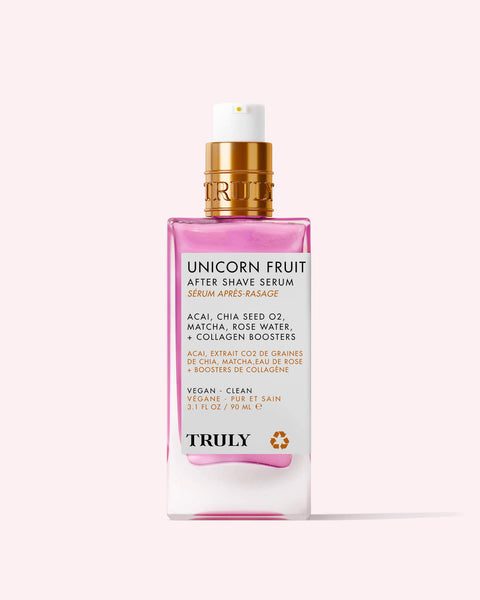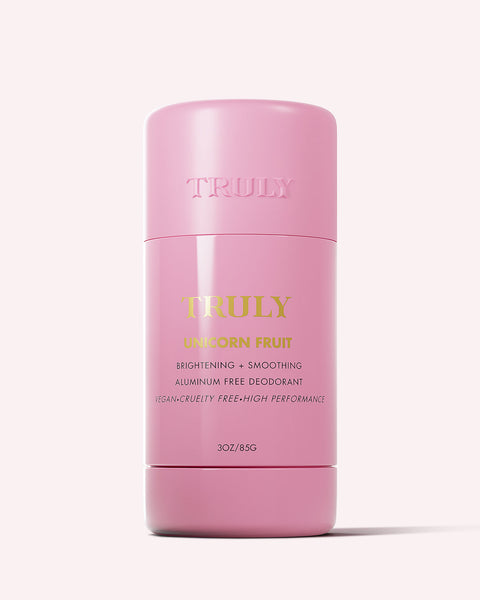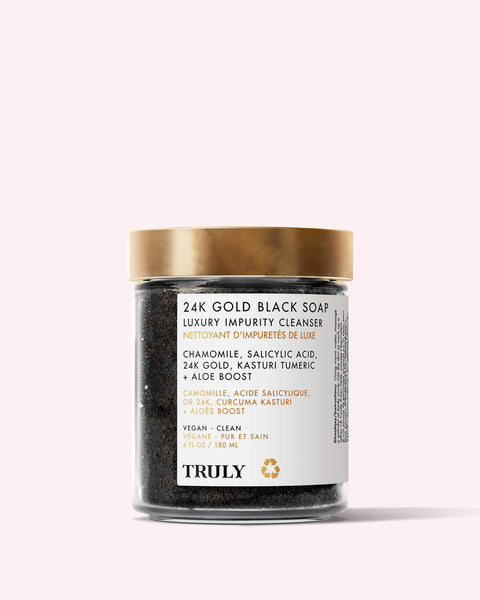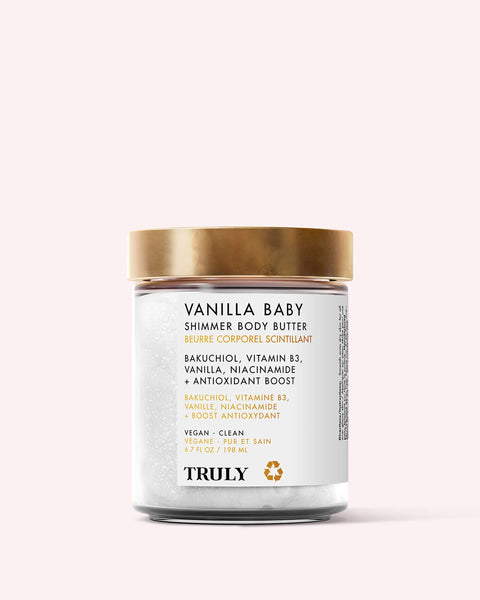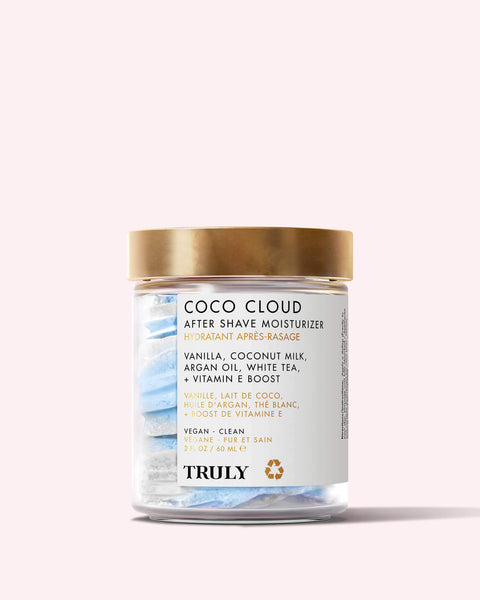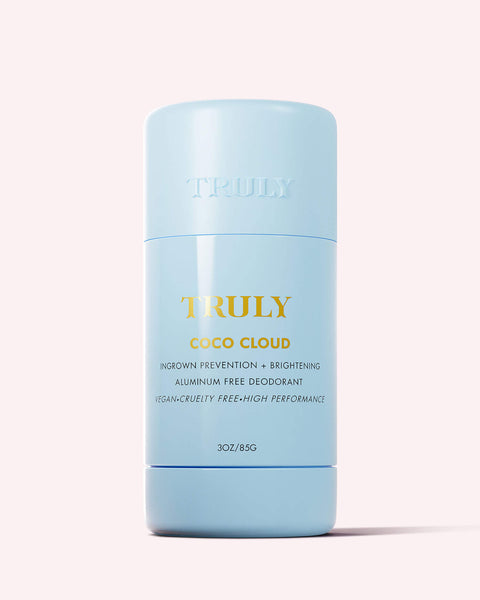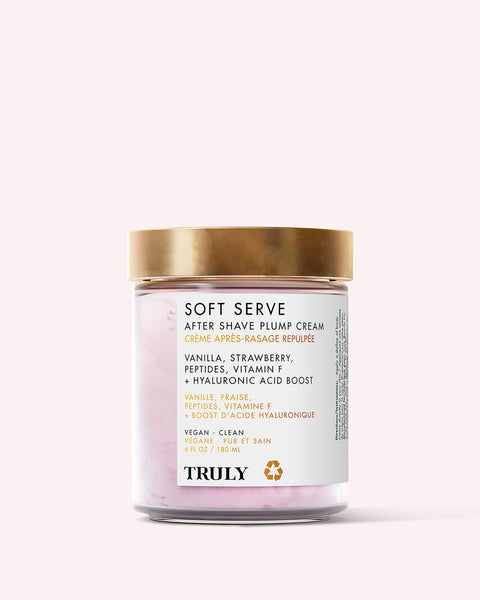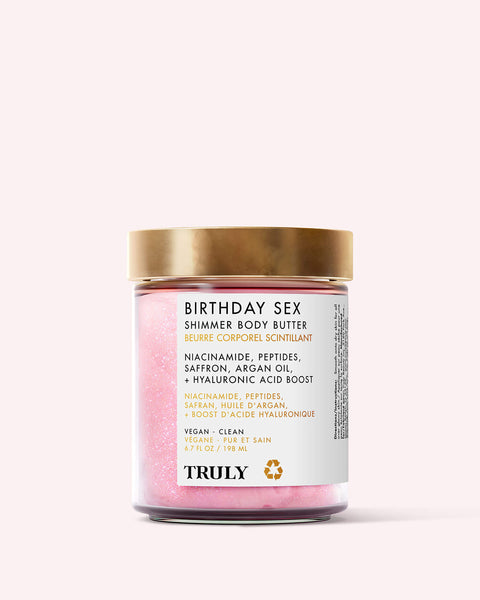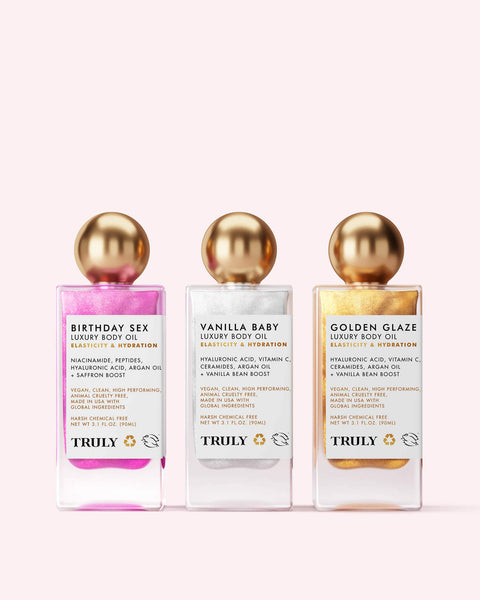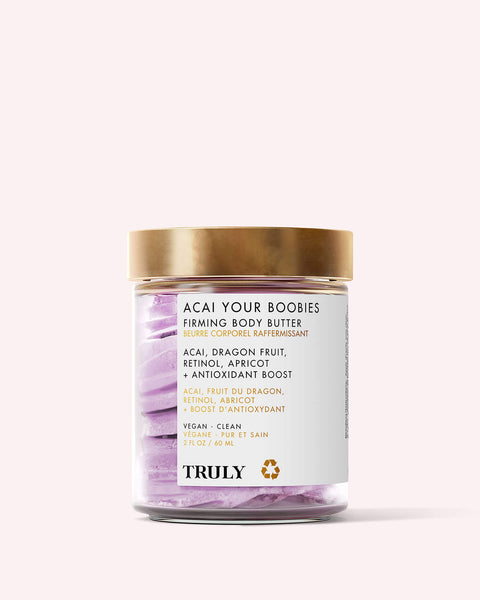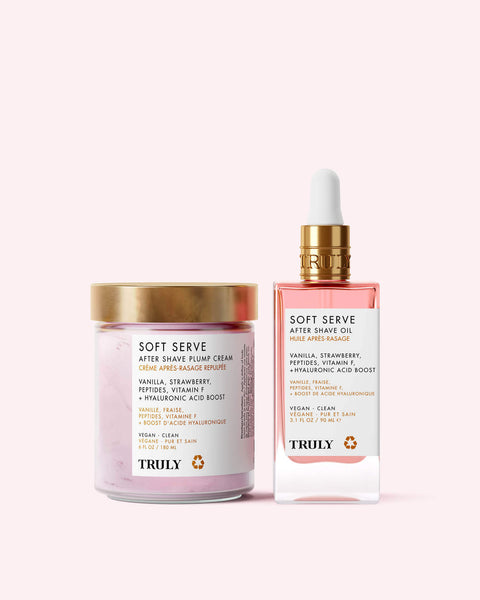Does Coconut Oil Whiten Teeth?

Oil pulling is an Ayurvedic practice that’s been around for thousands of years, but does coconut oil whiten teeth? Some claim coconut oil can help with plaque removal, promote healthier gums, and even whiten teeth. But can coconut oil whiten teeth or is it just a myth? Ahead, everything you need to know about using coconut oil for teeth whitening.
Does Coconut Oil Whiten Teeth?
According to dental experts, coconut oil can help get rid of plaque buildup, prevent bad breath, and promote overall gum health thanks to its antimicrobial properties. Coconut oil alone, however, may not be entirely effective for whitening teeth.
Coconut oil does not contain whitening properties. For that reason, whitening teeth with coconut oil may not give you the results you desire. That said, using coconut oil on your teeth can improve overall hygiene provided that you’re brushing more often, which can lead to whiter teeth. Coconut oil can also temporarily brighten your teeth.
The best way to whiten your teeth is the application of hydrogen peroxide, a bleaching agent that will change the color of the teeth. But that doesn’t mean coconut oil should be skipped entirely. Oil pulling with coconut oil can be helpful in promoting overall dental health due to its antibacterial and antimicrobial properties.
Benefits of Coconut Oil for Teeth Whitening
Does coconut oil whiten teeth? It can brighten them for a few hours, but there’s no scientific research that coconut oil whitens teeth. You can still try swishing with coconut oil to reap its other benefits. Here are the benefits of coconut oil for teeth.
Decreases Plaque Buildup and Fights Gum Disease
Research shows that coconut oil can help to reduce plaque buildup on your teeth and ultimately reduce inflammation to combat gum disease. In one study, oil pulling with coconut oil for a period of 30 days significantly decreased plaque buildup as well as signs of gum disease in participants with plaque-induced gum disease.
Prevents Bad Breath
Bad breath is a common oral health issue. And up to 85% of bad breath is caused by poor oral health. Tooth decay, food debris, gingivitis, and a buildup of bacteria can all lead to mouth odor. Coconut oil may help to combat bad breath thanks to its antimicrobial properties that can help get rid of odor-causing bacteria.
Improves Overall Oral Health
Coconut oil for whiter teeth may not be as effective as conventional teeth whitening treatments, but it can help attack harmful bacteria in your mouth that causes bad breath and gum disease. It’s especially effective at killing bacteria known as Streptococcus mutans (S. mutans) and Candida albicans which lead to tooth decay.
Truly’s Ultimate Coco Cloud Shave Set
SHOP NOW
How to Whiten Teeth With Coconut Oil
Whitening your teeth with coconut oil may not give you as drastic results as traditional whitening products. However, incorporating it into your daily dental routine can reduce plaque and promote healthier gums which can lead to whiter, brighter teeth. Here’s how to use coconut oil for teeth.
Step 1: Place a teaspoon of coconut oil in your mouth.
Step 2: Once the oil has reached a liquid state, swish it across your mouth.
Step 3: Swish for 10-20 minutes, ensuring the oil reaches every corner of your mouth.
Step 4: Spit it out into a piece of dry tissue paper, and rinse your mouth with water.
Can You Brush Your Teeth With Coconut Oil?
Does coconut oil whiten teeth if you brush with it? Since coconut oil contains no whitening agents, no method will significantly improve your tooth shade. However, coconut oil does offer several benefits for the teeth.
While oil pulling is one of the best methods for reaping coconut oil’s benefits, you can also try brushing your teeth with coconut oil. Simply apply a small amount of oil to your toothbrush and brush as you normally would.
Oil pulling is generally more effective since the oil stays in your mouth for a much longer time, allowing it to work its magic. Brushing, on the other hand, only takes a couple of minutes so you don’t get as many benefits.
Truly’s Unicorn Blast Bundle
SHOP NOW
How Does Coconut Oil Whiten Teeth?
Coconut oil has gained popularity in oral care routines, with some people claiming that it can contribute to teeth whitening. However, it’s important to note that the scientific evidence supporting the teeth-whitening properties of coconut oil is limited, and more research is needed to fully understand its effectiveness.
In the practice of oil pulling, coconut oil is believed to contribute to teeth whitening by reducing plaque build-up, which can lead to whiter teeth over an extended period.
While not everyone may experience the benefits of oil pulling with coconut oil, there is limited evidence suggesting any adverse effects, making it a potentially worthwhile addition to one’s daily oral care routine.
Can Coconut Oil Get Rid of Yellow Teeth?
By decreasing plaque buildup and promoting better oral health, coconut oil can whiten the teeth over time. However, there is little evidence showing the effects of coconut oil for teeth whitening.
To achieve whiter teeth naturally, always ensure you brush your teeth twice a day (morning and night) using a high-quality whitening toothpaste. Coconut oil can also support dental hygiene provided that you swish it around your mouth for at least 10 minutes a day. If you’re looking for faster results, you may want to seek out a traditional teeth whitening product that contains bleaching agents.
Coconut oil is an effective ingredient for promoting oral hygiene. Studies show it can help reduce plaque buildup, prevent bad breath, and fight gum disease.
Does coconut oil whiten teeth? There’s limited research regarding coconut oil teeth whitening effects. But since it doesn’t contain whitening properties, it may not be as effective as traditional teeth whitening formulas. That said, by promoting better oral health and hygiene, coconut oil can lead to whiter, brighter teeth over time.
Photo by Shiny Diamond, Pexels










